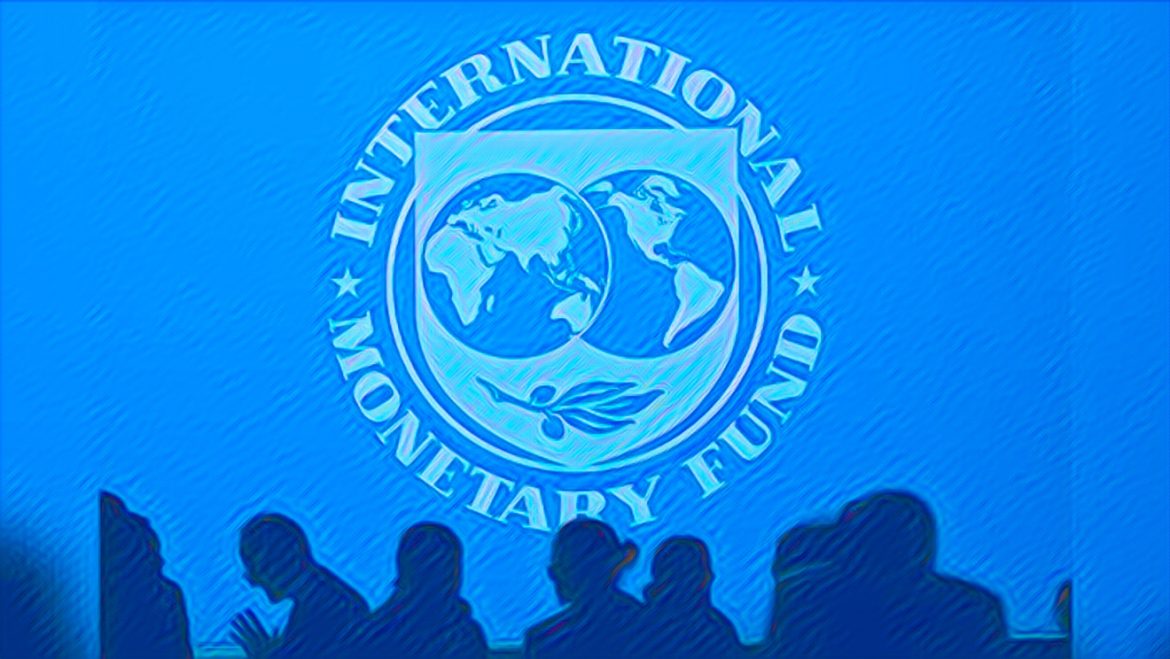KEY POINTS
-
IMF lowers Nigeria’s 2025 GDP growth forecast due to lower oil prices.
-
Nigeria’s external position is expected to weaken, with a shrinking current account surplus.
-
Inflation and weak income growth remain concerns for Nigeria’s economy.
The International Monetary Fund (IMF) has revised Nigeria’s 2025 economic growth forecast downward by 0.2 percentage points. Its new report now projects Nigeria’s real GDP growth at 3.0%, a reduction from the earlier forecast of 3.2%.
This adjustment is largely due to the impact of lower oil prices, which have affected Nigeria’s fiscal and external balances. The IMF noted that energy exports, particularly oil, continue to serve as Nigeria’s primary source of foreign exchange and public revenue. In its revised outlook, the IMF further predicts that Nigeria’s growth rate will slow to 2.7% in 2026.
Nigeria’s external position and current account outlook
Although Nigeria maintains a current account surplus, the IMF projects that the country’s external position will weaken in the coming years. The IMF forecasts that Nigeria’s current account balance will decline from 9.1% of GDP in 2024 to 6.9% in 2025.
This trend is expected to continue, with the current account balance projected to drop to 5.2% of GDP by 2026.
Investment bank JP Morgan earlier warned that Nigeria might face a current account deficit if oil prices stay below the fiscal breakeven point of $60 per barrel.
Despite these concerns, Fitch Ratings projected a more positive outlook, estimating Nigeria’s current account surplus to average 3.3% of GDP between 2025 and 2026.
Inflation pressures and weak income growth in Nigeria
According to Punch, the IMF’s latest forecast for inflation in Nigeria suggests that the country will experience a decline in its headline inflation rate. Nigeria’s inflation is projected to average 26.5% in 2025, down from 33.2% in 2024. However, inflation is expected to rise again, reaching 37.0% in 2026, according to the IMF’s projections.
These inflationary pressures come after the National Bureau of Statistics rebased the Consumer Price Index (CPI) in January 2025, updating the base year from 2009 to 2024. Following the restructuring, the inflation rate eased to 24.48% in January from 34.80% in December 2024. It fell further to 23.18% in February but then rose to 24.23% in March, indicating ongoing pressure on consumer prices.
The Central Bank of Nigeria (CBN) kept its Monetary Policy Rate unchanged at 27.5% in February 2025, maintaining a tight monetary stance. However, the rising inflation and money supply in March may force the CBN to raise rates further.
Slow economic growth and weak income prospects for Nigerians
The IMF also raised concerns over Nigeria’s weak income growth. It projects that Nigeria’s real output per capita will increase by just 0.6% in 2025 and 0.3% in 2026. These modest gains in output per capita highlight the slow transmission of growth to household incomes and living standards.
This growth rate remains below the sub-Saharan African average, indicating that many Nigerians will see limited improvements in their daily lives.


